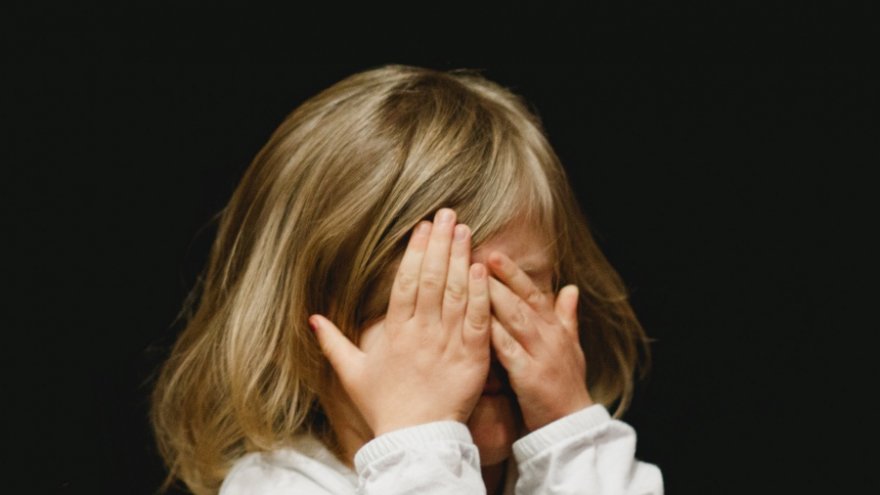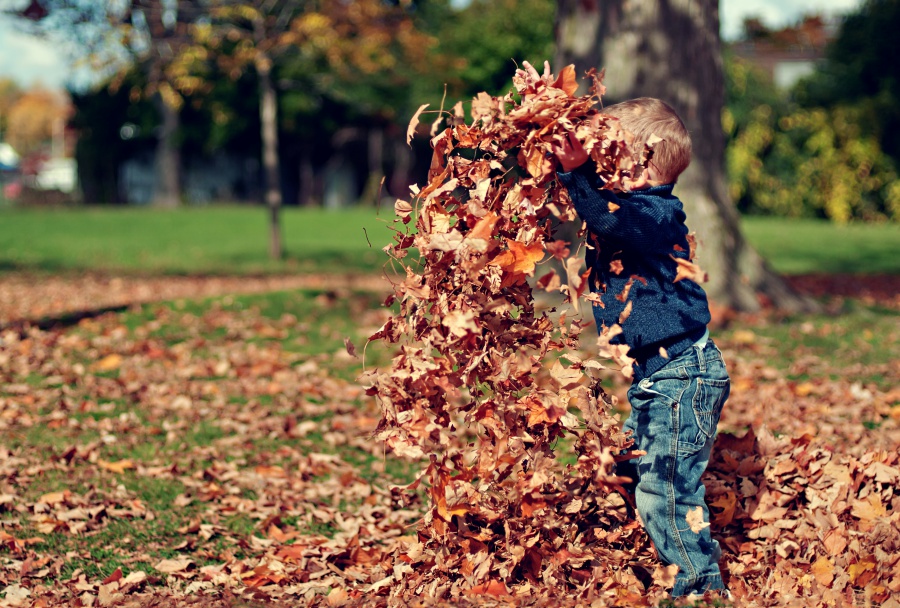Why Do Kids Have Imaginary Friends?

It is the middle of a rainy afternoon, you have just sat down to answer an email when you realize your child has been quiet for a few minutes, maybe too quiet. In your search through the house to find out what they’re up to, you notice blue spots on the carpet. What is that? Why are they wet?! Where is your child?!
First, the blue spots are small and far apart, but as you head down the hallway they are bigger, closer together, almost as if someone has been galloping through the hallway with a jar of paint sloshing bits of it out into the floor, and then you see it. All over your new dining room chairs, blue paint. Handprints, finger smudges, a crude attempt at a whale. You know exactly what happened. Of course, the first thing your child says to you, with blue hands and blue paint ground into their clothes is
“I didn’t do it! Max did!”
“Max?! Who is Max?”
“He’s right there mom! Can’t you see him? I was just trying to tell him NOT to do this when you came in.”
Oh no. Now what? Max definitely isn’t there and Max certainly isn’t real. Even if he were, you don’t have to be a forensic scientist to see who the culprit is. Your child, standing in front of you covered in blue paint nearly from head to toe isn’t going to back down though. To them Max is real, he’s standing in the dining room too, and he definitely had some mishaps with the paint.
How do you cope with an imaginary friend? Your first reaction might be anger, but no so fast! Knowing the how and why of imaginary friends can help you de-escalate the situation and figure out an equitable way to deal with the tragedy of the blue painted chairs.
Learning to imagine is a process and children start making connections needed to do it as early as 18 months old, by the time they are toddlers their ability to imagine and make up stories is booming. You might notice your child making up whole conversations with a doll or telling to a detailed story about their toys, or they may introduce you to an imaginary friend.
Did you have an imaginary friend growing up? Most children end up with one at some point. In the past, it was often said to discourage children from having imaginary friends because it was seen as a vector for lying or even as a symptom of being asocial. We know now though that having an imaginary friend is a normal part of childhood.
Children are exploring the world for the first time, and everything is new. Having an imaginary friend can help them role-play situations that they aren’t comfortable exploring with their friends. If you think about it, you probably still practice both sides of an important conversation before having it. Children do this too. Children with imaginary friends have been found to have a higher vocabulary, better social skills, and even boosted levels of creativity. Letting your child have free reign to pretend is a great way for them to practice their skills on their own terms. Remember not all children have or feel the need for imaginary friends, so don’t force it. As long as your child is using their imagination everything is going well.
 Imaginary friends can often take the blame for a child’s misbehavior as well. Early on a child may not have a full understanding of the line between imagination and reality, but later they may be testing the waters to see if they’ve figured out a way to avoid punishment for their misdeeds. Either way, it is important to be firm but not overly harsh when holding them accountable. Whether they are able to tell if their story is fantasy or reality may be immaterial to the point that they need, to be honest, but parents who guide and support tend to get better results than ones who do not. Don’t be afraid to explain to them why you know they did the deed and not their imaginary friend. Be careful though about giving them opportunities to lie by asking questions you already know the answer to. Remember that “catching them in a lie” isn’t helpful for either of you and may make your child feel so much shame that they double down. Nobody wants to get into a battle of the wills with a child!
Imaginary friends can often take the blame for a child’s misbehavior as well. Early on a child may not have a full understanding of the line between imagination and reality, but later they may be testing the waters to see if they’ve figured out a way to avoid punishment for their misdeeds. Either way, it is important to be firm but not overly harsh when holding them accountable. Whether they are able to tell if their story is fantasy or reality may be immaterial to the point that they need, to be honest, but parents who guide and support tend to get better results than ones who do not. Don’t be afraid to explain to them why you know they did the deed and not their imaginary friend. Be careful though about giving them opportunities to lie by asking questions you already know the answer to. Remember that “catching them in a lie” isn’t helpful for either of you and may make your child feel so much shame that they double down. Nobody wants to get into a battle of the wills with a child!
Most children only keep their imaginary friend for a short time, and eventually they move on to deeper friendships with other children, when they start going to school it’s normal to transition away from an imaginary friend, but don’t be surprised if it pops back in during times of stress like moving to a new house, attending a new school, or getting adjusted to a new sibling. Having a way to self-soothe with an always available cohort is developmentally fine.
Ask questions about what their imaginary friend looks like, sounds like, and what they think about events in your child’s life. This can be a great way to find out more about your child. Some parents like to encourage their child to draw a picture of their imaginary friend and save it in a memory book.
Confrontation with an imaginary friend will catch even the most observant parents off guard. One day they just show up, and seemingly for no reason at all, they disappear again. When your child is done with their imaginary friend you may be a little sad, but remember each new developmental stage has its own magic. In the meantime, cherish these early moments of sociability and creativity. Play along if you want to, but let your child lead the way.
Whether your child has an imaginary friend or not, it is always important to let them have unstructured play time to flex those imagination skills and learn to problem solve and adapt to changes. Learning to play without a set goal is a great way for children to build confidence and self-esteem.






